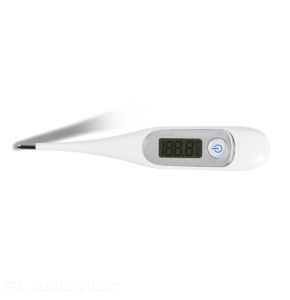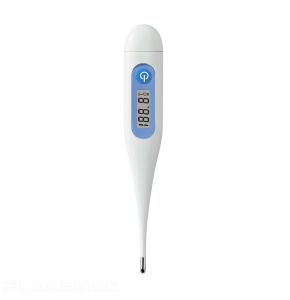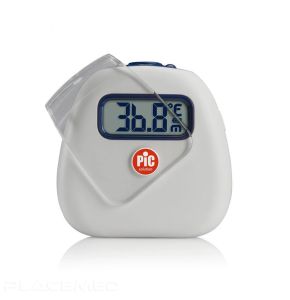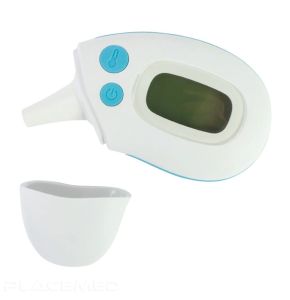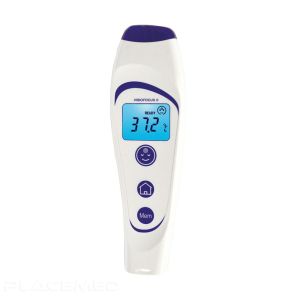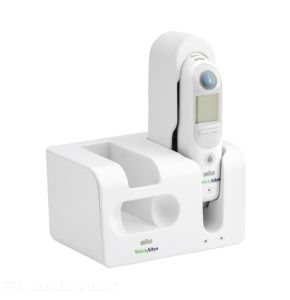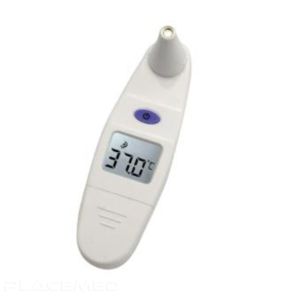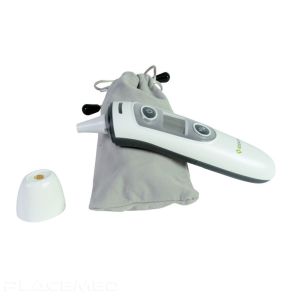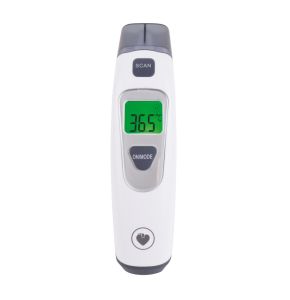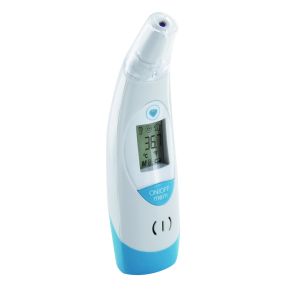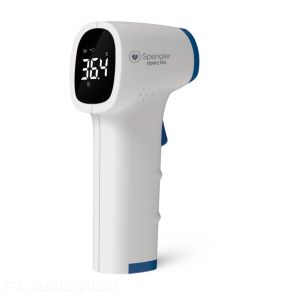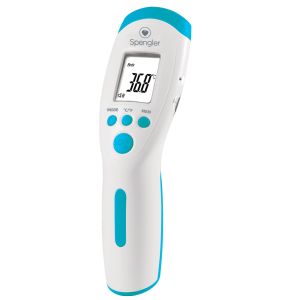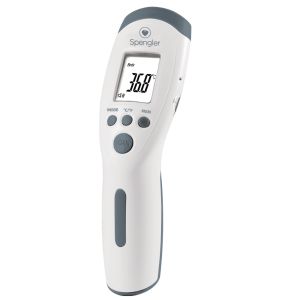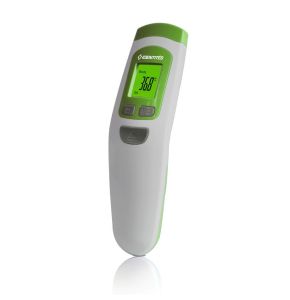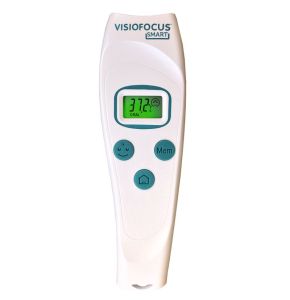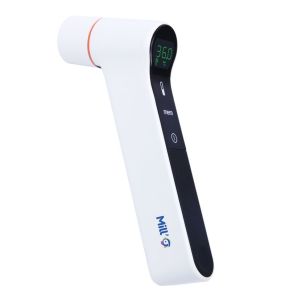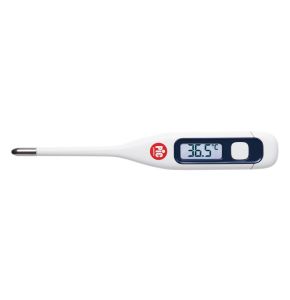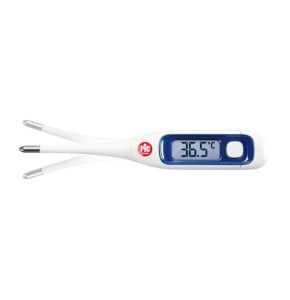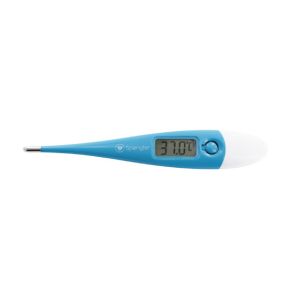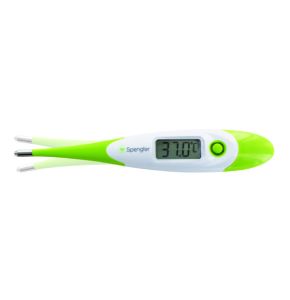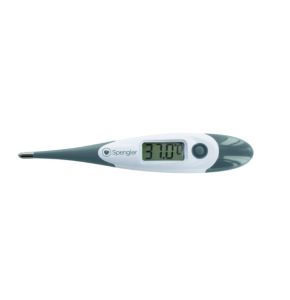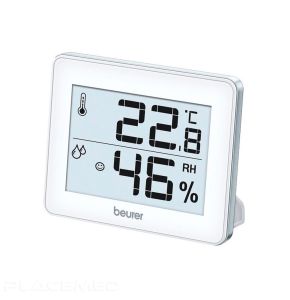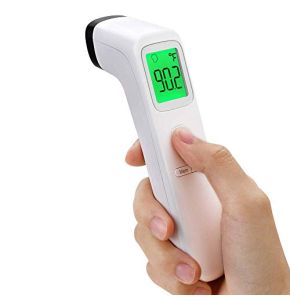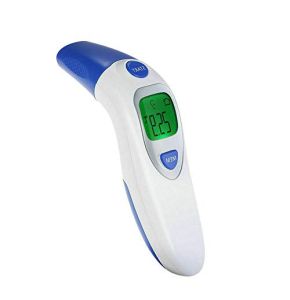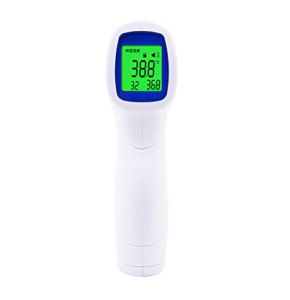Thermometer
6970392219271 23/01/2025 536
6970392217642 23/01/2025 606
22/01/2025 569
22/01/2025 405
22/01/2025 546
3661041009826 18/11/2024 482
18/11/2024 378
3760223835304 18/11/2024 618
Temporal And Ear Thermometer Spengler Tempo Duo II - Automatic Calibration - Lightweight And Compact
3700446041786 18/11/2024 405
3700446022778 18/11/2024 538
3700446041823 18/11/2024 602
3700446011291 18/11/2024 514
Spengler TEMPO EASY Gray Thermometer - Contactless Infrared Frontal Model - Instant Measurement
3700446012021 18/11/2024 639
3760223831764 18/11/2024 511
18/11/2024 408
3257346029999 18/11/2024 461
8058664002016 18/11/2024 379
8058090010227 18/11/2024 489
3700446022846 18/11/2024 354
3700446022877 18/11/2024 486
3700446041618 18/11/2024 615
22/01/2025 451
18/11/2024 291
A Reliable Thermometer for Accurate Temperature Measurement
The thermometer is an essential instrument for healthcare professionals and anyone concerned about their health. It provides precise and quick body temperature measurement.
At this stand, Placemed has selected the best French suppliers offering top brands like Braun and Hartmann. Their goal, and ours, is to offer quality devices for accurate diagnoses to healthcare professionals.
The History and Evolution of the Thermometer
This medical device has undergone significant evolution, from the first mercury models to modern digital thermometers. Initially, mercury thermometers were used to measure body temperature. While accurate, they posed risks if broken. Over time, electronic models emerged, offering safer and more user-friendly solutions. Today, brands like Braun offer innovative products such as the Braun ThermoScan 7, which uses advanced technology for precise temperature measurement.
How Does a Thermometer Work?
A professional medical thermometer measures body temperature by capturing the heat emitted by the body. Digital and electronic models use sensors to detect this heat and display the temperature on an LCD screen. Some models, such as the Braun connected thermometer, can even transmit readings to a smartphone for easier tracking. Contactless thermometers use infrared technology to measure temperature without touching the skin, making them ideal for avoiding infections.
Types of Thermometers
There are several types of thermometers tailored to different needs. Ear thermometers measure temperature in the ear canal, providing fast and accurate readings. Forehead thermometers measure temperature on the forehead, often without contact. Axillary thermometers are placed under the armpit and are easy to use. For healthcare professionals, professional medical thermometers offer superior accuracy and advanced features. Laboratory thermometers are designed for temperature measurement in scientific environments. Lastly, connected thermometers allow users to track temperature via a mobile app.
General Guide to Choosing a Thermometer
Choosing the right thermometer depends on several factors. Accuracy is crucial for reliable temperature readings. Ease of use is also important, especially for home use. Digital models provide quick and clear readings with their LCD screens. The measurement range should suit your needs, whether for medical or laboratory use. Disposable covers can be helpful for hygiene. Brands like Braun offer professional thermometers known for their reliability, such as the Braun ThermoScan.
Tips for Use and Maintenance
To ensure the reliability of your temperature-measuring device, proper use is important. Carefully read the manual to understand how to position the thermometer and how long to wait for an accurate reading. Regularly clean the medical device to prevent infections, especially if multiple people use it. If your device uses disposable covers, change them after each use. Store the thermometer in a dry, dust-free place to extend its lifespan.
Recent Innovations
Temperature-measuring devices have evolved significantly with new technologies. Connected thermometers are a major innovation, allowing users to track temperature on a mobile app and share data with healthcare professionals. Age-specific technology, featured in models like the Braun ThermoScan 7, adjusts measurements based on the patient's age for greater accuracy. Contactless models use infrared for fast, hygienic readings. Some thermometers also use liquid crystals to visually display temperature.
Comparison of Measurement Methods
Each temperature measurement method has its pros and cons. Ear thermometers offer quick readings via the ear canal but require proper positioning for accuracy. Forehead thermometers are convenient for children and allow contactless measurement. Axillary thermometers are easy to use but may be less precise. Healthcare professionals often rely on professional medical thermometers for optimal accuracy. Choosing the method that best suits your needs and understanding how to use it properly is essential.
The thermometer is an indispensable tool for measuring body temperature, whether at home, in a medical setting, or in a laboratory. With a wide range of thermometers available, from traditional to connected models, finding one to meet your needs has never been easier. By understanding the different types of temperature-measuring devices and following usage and maintenance tips, you can ensure precise and reliable temperature measurements. Explore the options offered by reputable brands like Braun to benefit from the latest innovations in thermometry.
 Francais
Francais 
